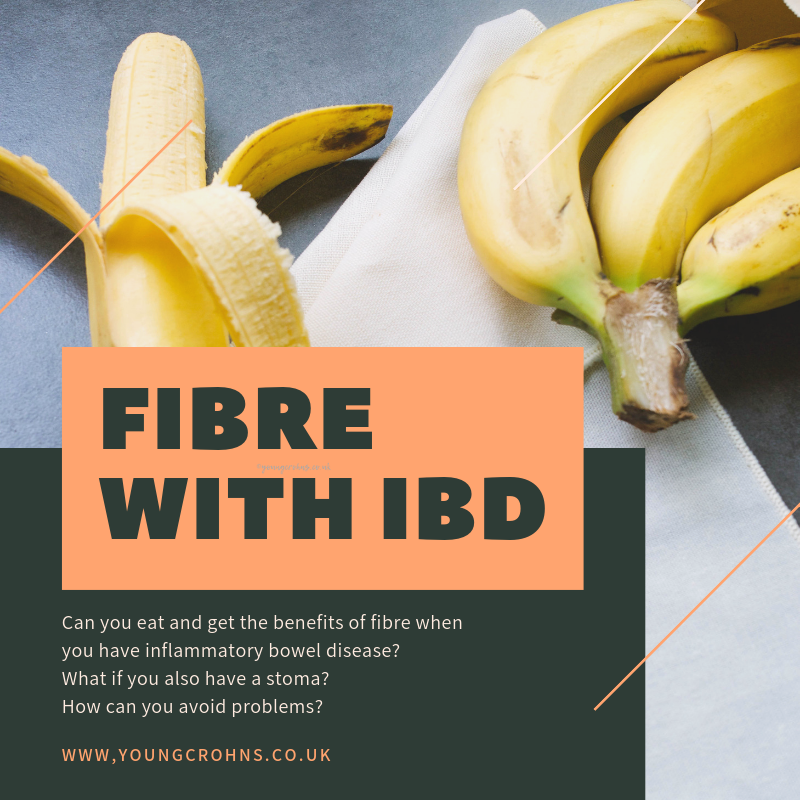
“What does surgery feel like?”
As many of you know, I’ve had a few surgeries over the years. In fact, it was almost one per year. And I didn’t particularly have a terrible time of suffering from my Crohns disease, but I had issues with healing and other subsequent problems cropping up. You can read about all my surgical journeys here.
But I do get asked how surgery actually feels so often by family, friends and other patients who haven’t had any before. My recent surgical experiences are very, ahem, recent, so things are very fresh in my memory. But essentially, the nuts and bolts of surgery are the same.
NB: Please remember that your own circumstances and situation will dictate a lot of your own surgical journey and pathway. Please also remember that I am not a doctor, nor am I a surgeon, so if you have specific questions, please talk to your medical or surgical team.
Surgery is a shock to the body. Simply and plainly, it is being cut open, organs or parts of organ/s being removed or fixed and you being sewn back up again. They can be long and arduous surgeries if you are being reopened. And they can be complex if the disease has progressed or organs have become nonfunctional. So much of what happens in surgery depends on what happens during the surgery itself. And that is down to a couple of things:
- You and how your body ‘presents’ – a good explainaiton of this comes from Dr Joshua Mezrich’s book “How Death Becomes Life”,he dscribes this as “‘standard anatomy’ which the majority of patients have, and the normal variations, which do not indinate any abnormaility or risk”. Variations will sometimes mean a longer procedure as this takes time to navigate.
- Your surgeons abiluty to deal with your particualar case.
- Scar tissue – this builds up if you have had surgery before, making it harder to get access to what is needed during a surgery.
- How your body reacts to anathestic and all the drugs etc they need to use to keep you asleep.
Beyond that, you won’t know much about your surgery until you wake up. This can take a couple of hours depending on what you’ve had done and how well you come out of anaesthesia.

During a hospital stay, post-operative, you’ll have your pain managed by either a PCA pump – Patient Controlled Analgesia – or by an epidural – which is placed in your spine to give a steady feed of pain relief. I’ve had both and they do a wonderful job if they don’t move!
But once you’ve had either of these pain relief methods removed – after you have fulfilled the surgeon’s criteria for their removal which is typically being able to stand and move around independently, having a bowel movement or using the bathroom and tolerating a light diet – you are switched to oral pain relief. Again, this is determined by your own medical history.
I’ve had various levels of pain relief in hospital, from Oralmorph down to just paracetamol, depending on the circumstances and what we’ve discussed as best options after surgery for my pain. Of course, you’ll be discharged with this too.
So what does surgery feel like, beyond the pain of being opened up?
Well, there is a scar. For some it will be small laparoscopic ones, others will have an open wound; either glued or stapled together. The internal knitting together of this wound takes place over days, weeks and months after surgery. But in the immediate aftermath of surgery, it will feel sore, swollen, bruised, uncomfortable and itchy. Itchy as heck somedays, because of the skin coming together, other times because of the morphine.
Then there is bruising. This will be both internal and external. Internal bruising is often invisible but you can feel it. It’s like a pulled muscle but so much more intense. It’s often very noticeable when you haven’t moved for a while, which is another reason why they – the surgical ward & team – like to have you moving around soon after surgery. I’ve had physios come and get me out of bed the following day after surgery, so it’s really important to get moving early on.
The external bruising comes out quickly and lasts a long time. It can be from cannulas for access to your vessels, around the area you had operated on and around your incision site. Most of my bruising has come from blown access points. But more bruises was really present during my hernia repair.
Then there are the fuzzy feelings of being on strong pain relief. Morphine works very well – if you can tolerate it – at managing severe pain. But it also comes with a lot of side effects, including the feeling of being completely full of cotton wool – fuzzy, confused and drowsy.
How does it feel once you are allowed home?
Surgical pain can still linger once you are home, so it’s a good idea to keep a pain relief regime while you are at home. I’ve always come home with a discharge of pain relief, including, but not limited to – amitriptyline, codeine, Oralmorph, tramadol and oxycodone. And typically, my surgeon and I agree on a regime to follow for the first ten days of my time at home. Usually, by then, I can switch to my own at home medication for pain relief.
In this time, I would also typically be building up my strength and getting back to some more functionality – such as going for a walk, resting when needed to and returning to some normal daily tasks. It depends entirely on the surgery – I would have not been doing this after my colectomy surgery or my hernia repair.
But also, it’s important to note that you will hopefully feel better once at home. Home comforts do wonders for aiding recovery and they definitely can spur you on to get back to ‘normal’ life quicker than being in hospital. But you must not push yourself too hard, despite feeling well. You’ll still be exhausted – both from surgery and lack of sleep in hospital, these are unavoidable – and tire quickly.
Things will feel tender and uncomfortable for a while after the surgery. Even when you’ve been home for a while, recovery and progress at this stage are not linear.
While I have typically become better at doing recovery after so many operations, it still is very individual. I do try and treat each recovery as its own entity and not replicate what I did before. But I do always prepare for each recovery the same. I block out my diary and keep it empty. I have meals prepared in the fridge and freezer. I have a new supply of medications, pain relief and stoma products so I’m not chasing for things. I have no appointments booked in. And I definitely don’t do anything like this content for at least a month; I focus on reading and hobbies.
When surgery feels off
Of course, the above information is about the ‘typical’ surgery recovery, without any issues.
It’s important to listen to the discharge from your team carefully, as they will tell you how to contact them in case things don’t follow what they expect to happen / the plan. I’ve had this happen to me and it was a tricky time. I wasn’t always sure where to go but attend the Emergency Department and I was sent off to the SAU (Surgical Assessment Unit) to wait for a surgeon to review me. Not exactly a place you want to spend hours of your time in constant pain.
The best advice here is to keep the surgeon’s secretary’s number on your phone and contact them if you have any issues. This could be the wound opening up, feeling unwell and feverish, bloating, swelling and prolonged nausea or vomiting. All of these are red flags and shouldn’t be ignored for any period of time.

So when I get asked how does surgery feel, I response with several versions of this, depending on how much detail they want.
“It feels like you’ve been beaten up, slept for a couple of days and can’t actually think straight.”
“It’s the most intense pain, but it greatly helped with morphine and rest.”
“It felt like the biggest hole has been ripped into me but it truly removed all my pain.”
“I’d do it again if I had to. I know I can.”
“I’ve never known itching and discomfort like it, all I wanted to do was scratch until my skin was raw.”
“The pain of getting up after my PCA was removed was like being winded but all you want to do is cry without any breath.”

Until next time,

Do you have any questions or queries? Or just want to share your own experiences? You can leave me a reply here or leave comments via my social media accounts – on Twitter, find my blog page on Facebook and over on Instagram
If you enjoyed this post check out Exploring the Emotional Complexity of IBD Surgery and Post Operative Blues: The Emotional Highs & Lows after Discharge from Hospital



